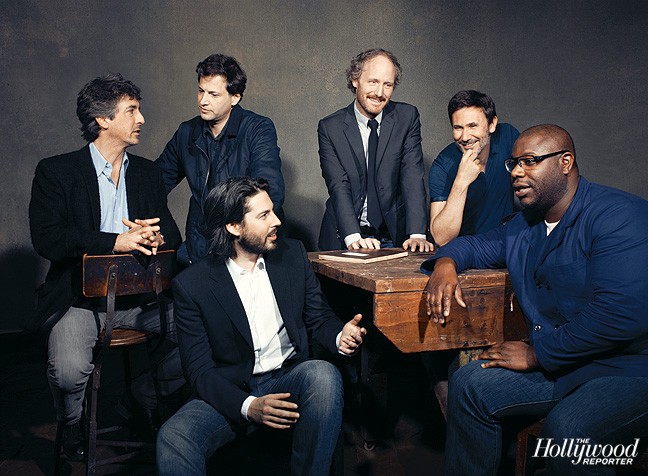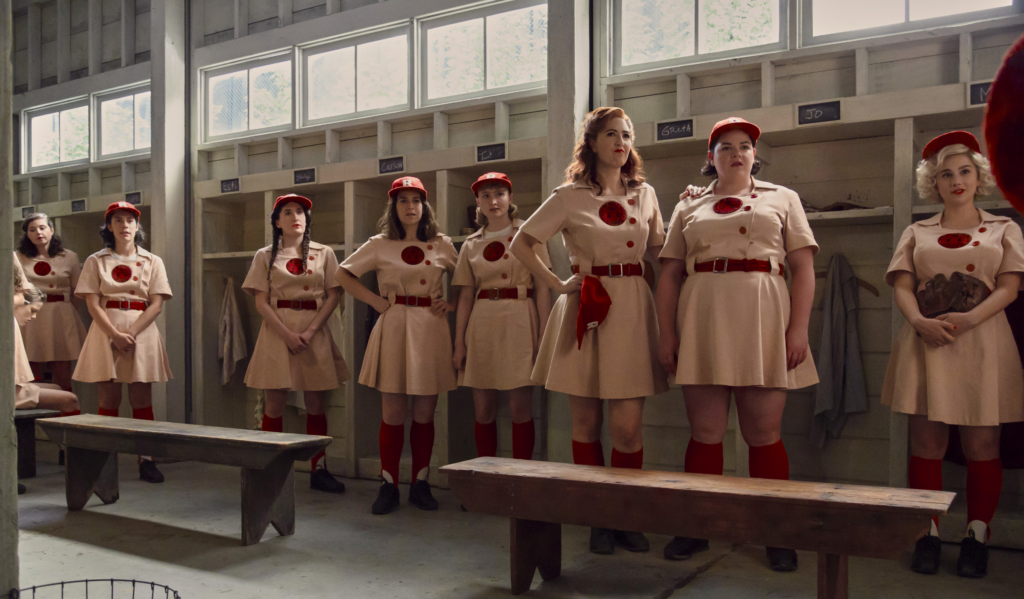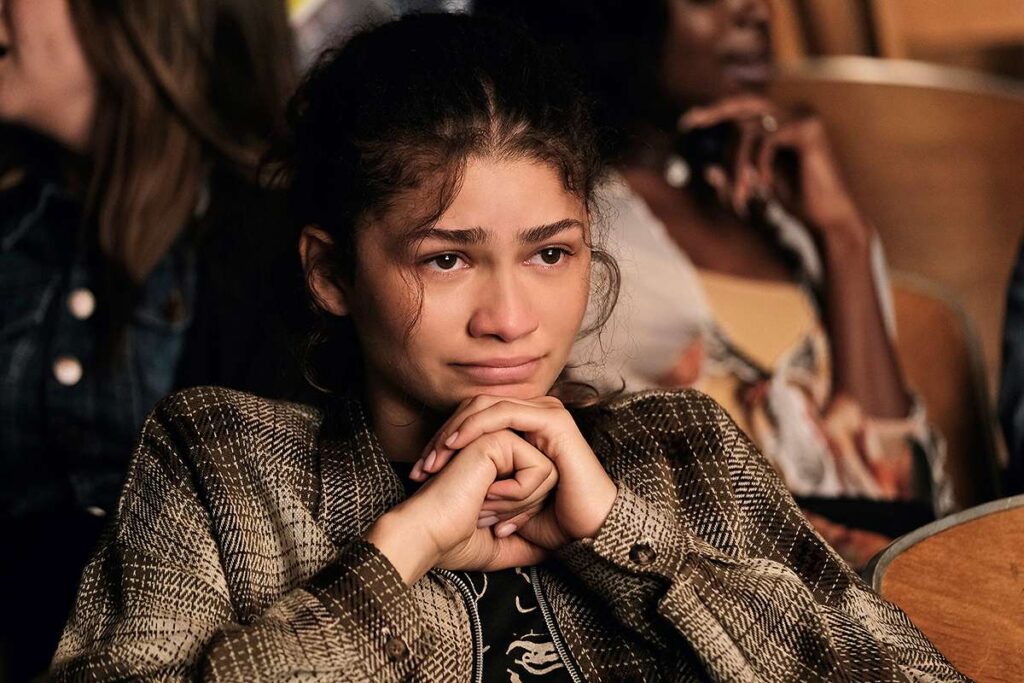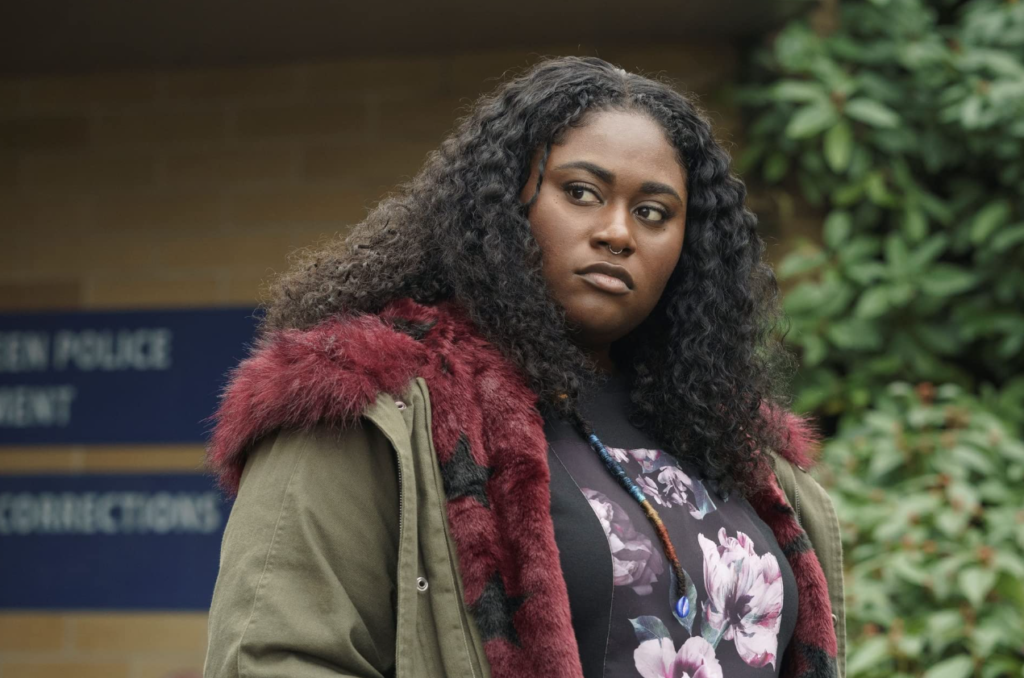This is the picture that has inspired a post I am working on on the movies directed by women in 2011. Again, I don’t know how they could have put this together without including one female director. While I don’t know when the picture was taken, I know for a fact that Lynne Ramsay (We Need to Talk About Kevin) was in LA last week.
Here’s some of the conversation about the lack of women in the room:
THR: You’re all men, and only one of you, Steve, is a minority — why is that?
McQueen: I must be in America.
Mills: Yeah, why isn’t there a woman here? My wife could be sitting here.
THR: Name a female director who made a major film this year.
Mills: Miranda July [The Future].
Payne: Lynne Ramsay [We Need to Talk About Kevin], Andrea Arnold [Wuthering Heights].
THR: OK, but you’re talking about small films that have been little seen in America.
McQueen: I mean, the question could be different. The question could be, “Why aren’t there more black directors?” because there are obviously more women directors than black directors.
THR: So what’s the answer?
McQueen: I have no idea. I mean, it’s opportunity, isn’t it? That’s what it’s about — opportunity. And access, because some people just give up. I’m always astonished by American filmmakers, particularly living in certain areas, when they never cast one black person, or have never put them in a lead in the movie. I’m astonished. It’s shameful. How do you live in New York and not cast a black actor or a Latino actor? It’s shameful. It’s unbelievable.
My head is about to explode. Firstly, it is the obligation of the magazine to bring in a diverse group of people when they create these types of conversations.
And the question the reporter asks (who is this reporter anyway) to the men asking them to name a woman who made a major film this year is so fucking condescending and disgusting that the steam is just pouring out of my head. Who gets to decide who makes a major movie? The Hollywood Reporter? And what constitues a major movie? The Whistleblower was a major movie that actually made the UN stand up and look at how peacekeepers are acting around the world. Circumstance was a major movie that brought us into Iranian culture from the perspective of two teenage girls. Pariah is a major film about an African American girls dealing with sexuality. I could go on and on.
People need to look at how these issues are defined very differently because words matter. It matters that the Hollywood Reporter doesn’t think a woman made a major movie this year. And I humbly agree to disagree on that.







